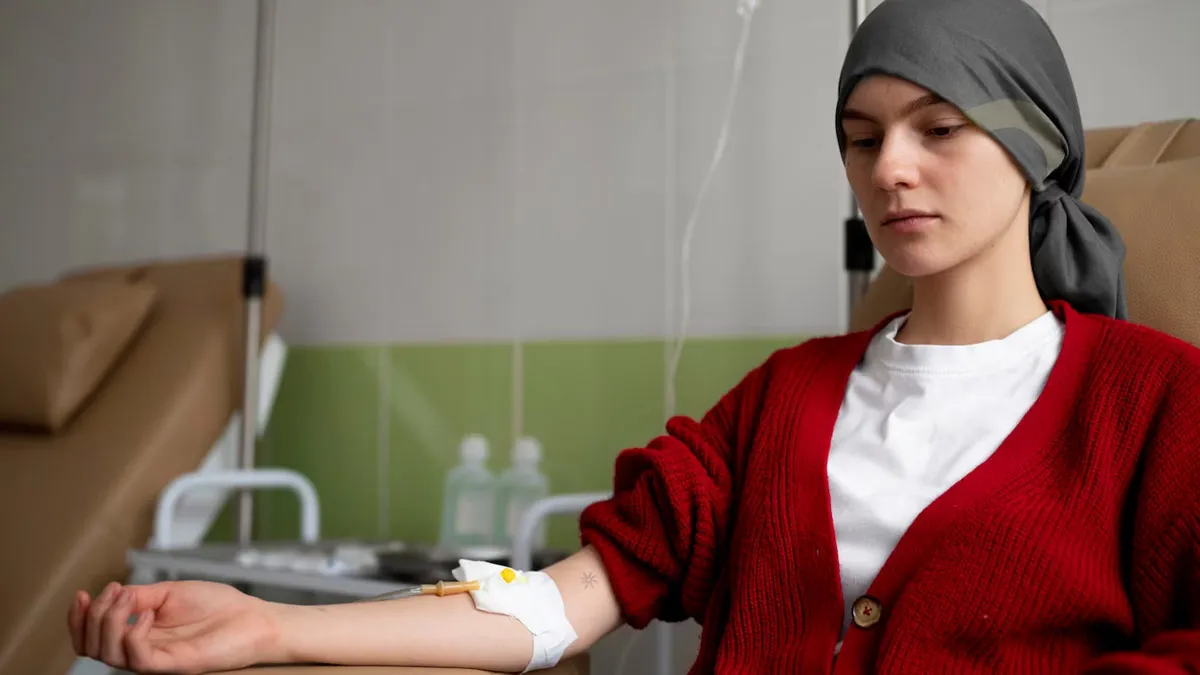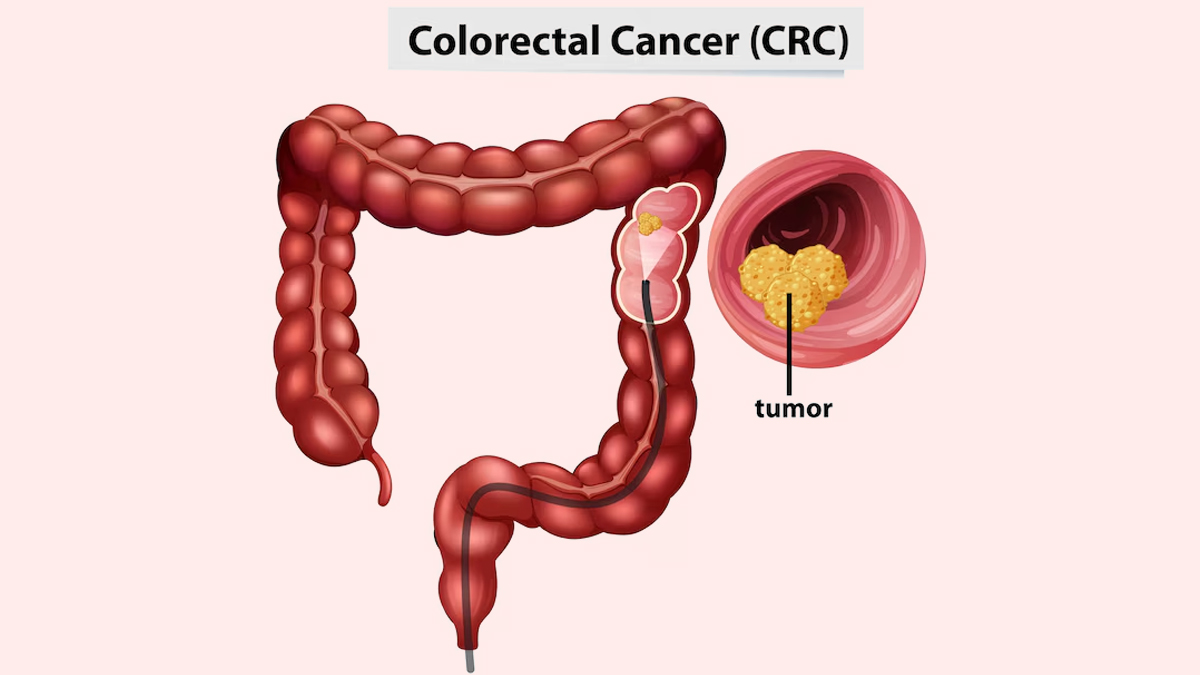
For a long time, cancer was seen as a disease of age, something that happened to people later in life. However, today, a very different reality is unfolding in clinics and oncology wards across India. More young adults, even those in their twenties and early thirties, are being diagnosed with cancers that once rarely affected this age group.
Table of Content:-
Colon cancer, breast cancer, thyroid cancer, and even certain types of stomach and blood cancers are showing up earlier, and often, more aggressively. It isn’t just that we’re detecting these cancers better. The numbers are rising. And the people they are affecting are usually in the prime of their lives, building careers, starting families, and nowhere near prepared for a diagnosis that changes everything.
We spoke to Dr Satish Pawar, Senior Consultant and Head – Surgical Oncology and Robotic Surgery CARE Hospitals, Banjara Hills, Hyderabad, who explained the reasons for increasing cancer cases in the young generation.
What We’re Seeing, and Who It’s Affecting

“Among the most notable shifts is the rise of early-onset colorectal cancer. Once considered extremely rare in people under 40, cases are now being reported in patients as young as 25. Some of them have genetic risk factors, but many don’t,” said Dr Pawar.
Breast cancer is another. While it’s always been present in younger women, the frequency has increased. Unlike in older patients, it often appears in a more aggressive form and is diagnosed at a more advanced stage, because no one thinks to look for it early.
Thyroid cancers, especially among young women, are also being diagnosed more often. While they are generally considered slow-growing, their emotional and physical impact at a young age shouldn’t be underestimated.
A comprehensive NIH analysis (2010–2019) revealed that 14 cancer types have increased in incidence among people under 50, including breast, colorectal, uterine, pancreatic, testicular and lymphoma. Some like thyroid, melanoma, cervical, stomach, and bone cancers, rose only in younger age groups.
"This rise isn’t limited to one city or social group. It’s visible across metro cities and smaller towns in people with varied backgrounds and lifestyles. However, what many of these patients have in common is that their symptoms were either dismissed or misread by themselves or by others," added Dr Pawar.
Also Read: The Quiet Emergency: Why Rare Cancers In India Deserve Urgent Attention
Missing the Signs That Don’t Shout
The trouble with cancers in younger people is that the early signs are easy to miss or worse, easy to rationalise. A change in bowel habits? Probably stress. A lump in the breast? Maybe just hormonal. Weight loss? Blame the diet. In young bodies, symptoms are often chalked up to lifestyle, anxiety, or fatigue. Even when the body tries to speak, it gets drowned out.
“Doctors, too, may hesitate to suggest cancer-related investigations in a 28-year-old. It feels unlikely. And yet, time and again, it’s proving to be the missed opportunity for earlier diagnosis, and better outcomes,” highlighted Dr Pawar.
Why Is This Happening Now?
“There's no single answer. Lifestyle changes, including sedentary habits, processed foods, disrupted sleep cycles, and environmental toxins, are all likely contributing factors. Genetics play a role in some cases. Additionally, obesity, early-onset diabetes, and Polycystic Ovary Syndrome (PCOS) have also emerged as indirect contributors,” said Dr Pawar.
But perhaps the biggest gap lies in awareness. Cancer doesn’t wait for a 'right' age. And we haven’t yet caught up with that truth. Preventive check-ups still focus on people above 40 or 50. Cancer awareness campaigns tend to target older adults. Meanwhile, a younger population is slipping through the cracks; silent, unsuspecting, and often unprepared.
What Young Adults Need to Keep in Mind

“If you're in your 20s or 30s, cancer likely isn’t on your radar, and that’s understandable. But tuning in to your body is critical. Don’t ignore ongoing symptoms. If something feels off for more than a few weeks, seek medical advice. Self-examination, especially for breast or testicular lumps, should be a habit. Don’t let age be the reason you wait,” suggested Dr Pawar.
If there’s a family history of cancer, particularly colon, breast, or ovarian cancers, it’s worth talking to a doctor about whether early screening is right for you. Risk doesn’t guarantee a diagnosis, but it does call for vigilance.
Also Read: Oncofertility: How Cancer Treatments Affect Fertility And What You Can Do Before Starting
A Shift That Can’t Be Ignored
Dr Pawar said, “Every week, doctors meet patients who never imagined they'd be sitting in an oncology clinic at 32. Their lives are disrupted, but many survive, thrive, and carry forward with strength. The key difference in most of these stories is early detection.”
“As the face of cancer changes, our mindset must change too. It's no longer a disease that comes with retirement. It's walking into boardrooms, classrooms, and dance studios. And the earlier we recognise that, the better our chances of facing it head-on, with clarity, with preparedness, and with hope,” concluded Dr Pawar.
[Disclaimer: This article contains information provided by an expert and is for informational purposes only. Hence, we advise you to consult your professional if you are dealing with any health issue to avoid complications.]
Also watch this video
How we keep this article up to date:
We work with experts and keep a close eye on the latest in health and wellness. Whenever there is a new research or helpful information, we update our articles with accurate and useful advice.
Current Version